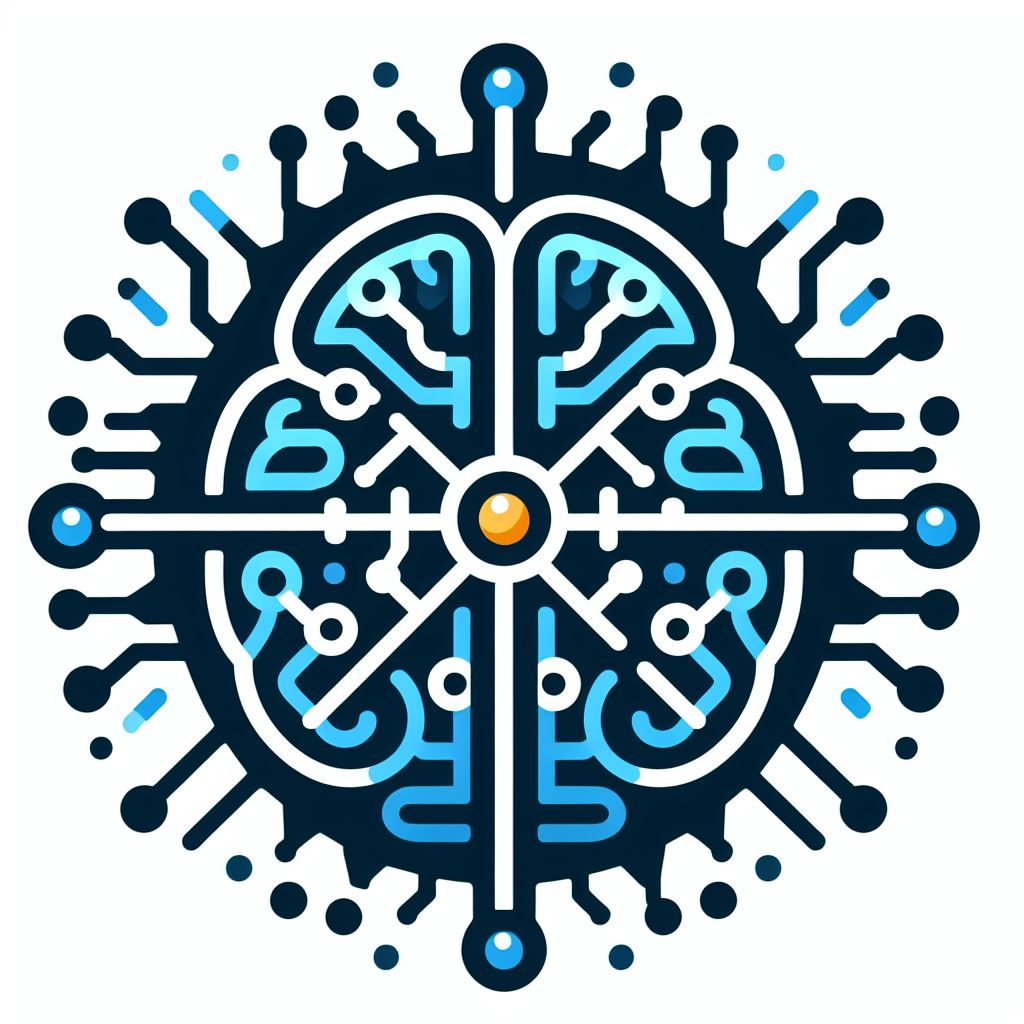Case Studies
These are the undergraduate and postgraduate courses in which we will be running our case studies. We will be updating this page as we progress through the project.
Undergraduate Courses
DS105 A/W - Data for Data Science

(Autumn Term 2023 and Winter Term 2024)
🔗 Link
Students in this course learn how to gather data from various sources such as the Web or APIs and effectively handle and manipulate that data. Python is the primary programming language taught, but students also have the option to use R. The course emphasizes the importance of writing efficient and effective code, with a strong focus on using data analysis tools like pandas (in Python) or tidyverse (in R). Students are encouraged to move away from programming features that are inefficient for data analysis workflows, such as for and while loops, list appends, etc. and must instead adopt vectorised operations whenever possible.
Our main goal is to see if Generative AI tools can help students recognise inefficient code and understand why it’s inefficient. We also want to explore if these tools can save them time in learning syntax, so they can be more creative in their data analysis. The assignments will be open-ended, see this example, giving students the freedom to unleash their creativity and practice more of their ‘soft skills’.
ST207 – Databases

(Autumn Term 2023)
🔗 Link
The goal of this course is to cover basic concepts of database management systems, including relational and other types of databases, such as multimedia, spatiotemporal, and NoSQL. The topics covered include basic concepts of the relational model, Structured Query Language (SQL) for database definition and manipulation, integrity constraints, views, and indexing structures, transaction management and concurrency, multimedia and spatiotemporal databases, NoSQL databases such as key-value stores, document, and graph databases.
For Databases, we aim to investigate whether these technologies can generate diagrams and visual representations from prompts describing database scenarios and applications (such as bank and university systems), as well as declarative code for database queries based on the Structured Query Language and NoSQL.
MG317 - Leading Organisational Change

(Winter Term 2024)
🔗 Link
In this second and third-year undergraduate optional course, students explore how to manage change at the individual, team and organisational levels. As organisational change is a complex and multifaceted phenomenon, students explore how to apply theoretical frameworks and tools to real-life scenarios by analysing and presenting case studies and engaging in an immersive simulation game. Students learn to develop a reflective, multi-dimensional mindset that prepares them to manage and lead change in their future careers.
Our goal is to use generative AI to enhance and enrich the learning experience while supporting the development of students’ digital and employability skills. We aim to explore how students can use generative AI in change management in organisations and consulting. We are particularly interested in exploring the creative and innovative ways that students integrate AI into their learning journey and understanding how the use of generative AI can enhance undergraduate students’ understanding of complex organisational challenges and help them prepare for their management.
Postgraduate Courses
ST456 – Deep Learning

(Winter Term 2024)
🔗 Link
This course covers fundamental concepts of deep learning and neural networks, the design of neural network architectures, optimisation methods for training neural networks, and neural network design for particular applications, such as image recognition, sequence modelling, natural language processing and generative models.
In Deep Learning, we envisage the generation of standard code snippets for different machine learning models, as well as the explanation of concepts and associated code. AI tools for image and video creation can also be explored. The overall idea is to assess whether generative AI tools can help teach and learn about AI, more precisely deep learning.
PP422 – Data Science for Public Policy

(Winter Term 2024)
🔗 Link
This course covers the theory and practice of the Data Science project lifecycle in Python for Public Policy, from problem definition and data sourcing/cleaning to exploration, visualization, and modelling. Emphasis will be placed on identifying problems that are suitable for different Data Science techniques. Linear and logistic models, regularization techniques and basic time-series models will be covered in the AT but more advanced time-series and ML/AI models will be left for the WT. We cover examples from healthcare, education, urban policy, international development, and other policy areas.
Our goal is to understand how generative AI tools can help students understand key concepts and ideas underlying modelling (bias vs. variance, types of error, training vs. test data), develop strong coding workflows and provide support for writing code to build effective visual displays for policy communication.
MG4B7 - Leading Organisational Change

(Winter Term 2024)
🔗 Link
In this postgraduate optional course, students learn how to lead change in organisations through case studies from a range of sectors such as finance, manufacturing, telecoms, and others. Students engage in group discussions, prepare timed presentations, and apply their previous work experience to address complex scenarios. By applying a range of theories to real-life situations, students learn how to develop implementation strategies and how to support their teams through change. By engaging in an interactive simulation game students experience decision-making at different managerial levels and develop skills that help them successfully manage change as future leaders.
Our goal is to use generative AI to enhance and enrich students’ learning experiences while supporting the development of their digital and employability skills. We are interested to see how postgraduate students integrate AI into their learning journey, and how AI can help enhance their decision-making skills and prepare them for the opportunities and challenges of using AI in their future leadership roles.
